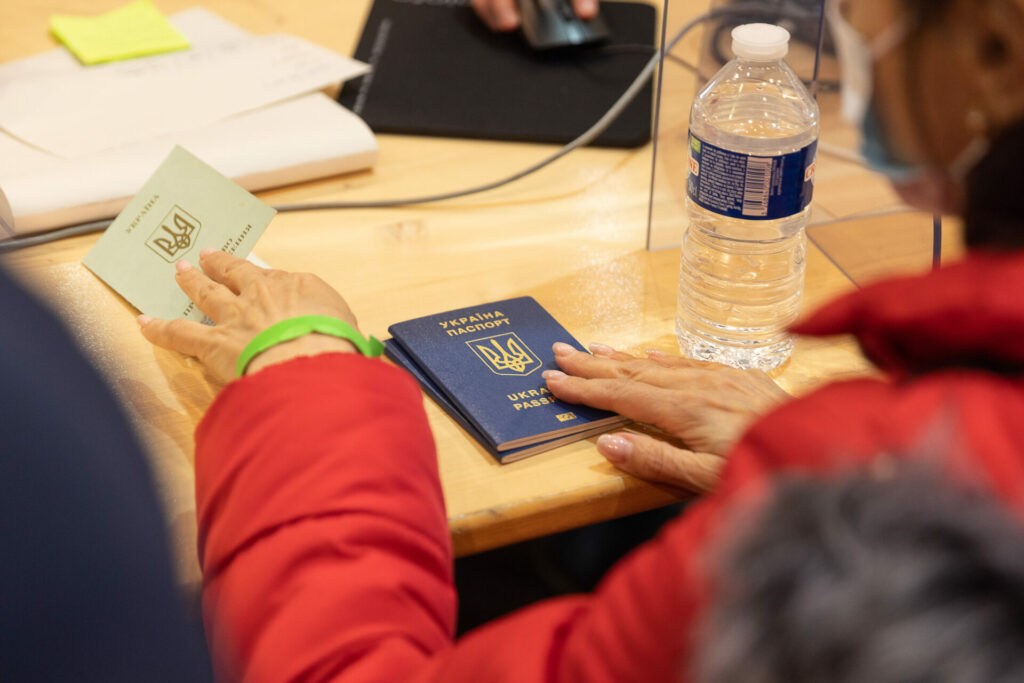Belgium's Immigration Office has announced that up to 60,000 Ukrainian refugees have been granted temporary protection by the Belgian State since Russian troops invaded their homeland, but their housing remains a persisting issue.
In March, the EU decided to activate the European temporary protection mechanism, granting those fleeing Russia's war in Ukraine an automatic legal status in EU countries for one year, which could be extended if necessary.
Since then, Belgium has granted protection to 59,143 people, of whom 57,767 are Ukrainian nationals. This includes the record number of 26,507 people that received protection in April.
Reception and residence
Upon arrival, refugees from Ukraine are first housed at the Ariane transit centre in Brussels, which is run by the Flemish Red Cross on behalf of Belgium's Federal asylum agency Fedasil. However, as their stay in the Ariane centre is only meant to be temporary, the difficulty then becomes how to continue housing those seeking permanent accommodation.
"Approximately a third of the refugees (35%) have been there for more than a month and 25% of them for more than four months," said Joachim Deman, a spokesperson for the transit centre.
Related News
- Defence Ministry pledges 1,500 new reception places for asylum seekers
- 'No children sleeping on the street tonight,' says Asylum State Secretary
- 'They told us they had no room': Belgium's Ukraine refugees sleeping rough
He went on to say that, predictably, the centre has nearly reached its maximum capacity and that, since it plans to receive refugees from other countries as well, there would soon be no room for all Ukrainians. As a result, Fedasil has asked Ukrainians to find their own housing or, at the very least, for the distribution of refugees to become more fluid between Flanders, Brussels and Wallonia.
However, with Fedasil facing an ever-worsening reception crisis and now having to find out how to shelter the enormous flux of Ukrainian refugees seemingly entirely on their own, worries are that reception of refugees in Belgium may soon hit breaking point.

